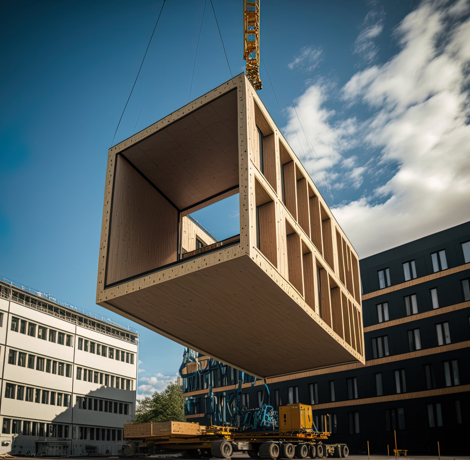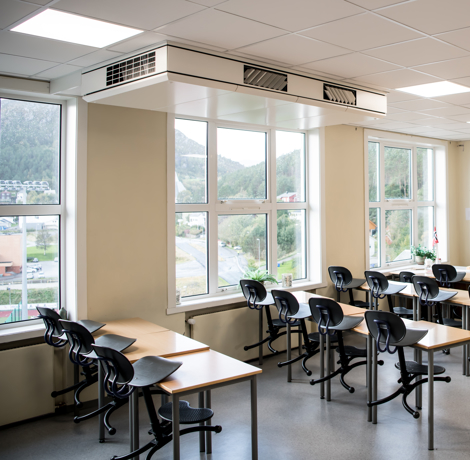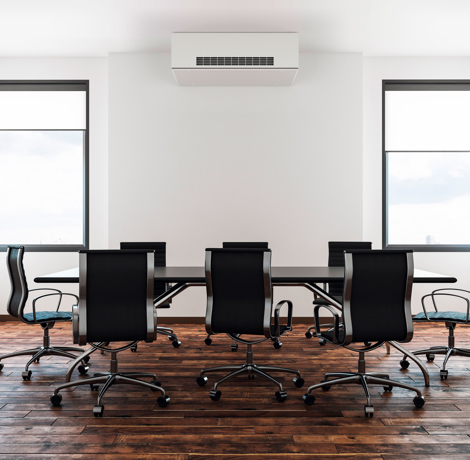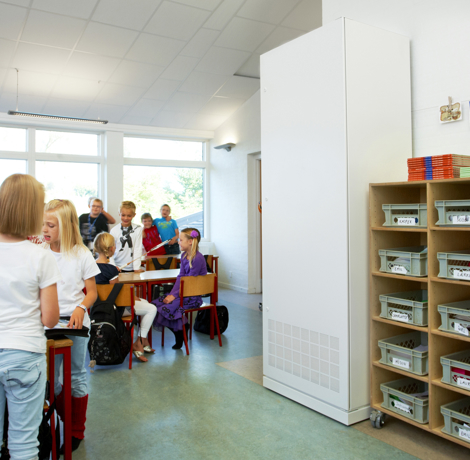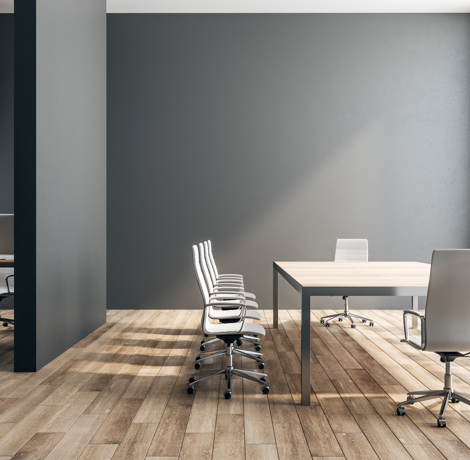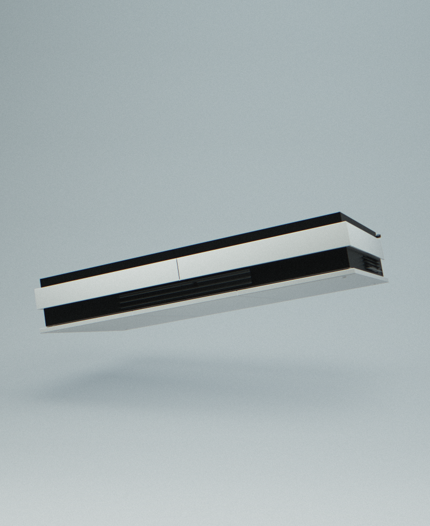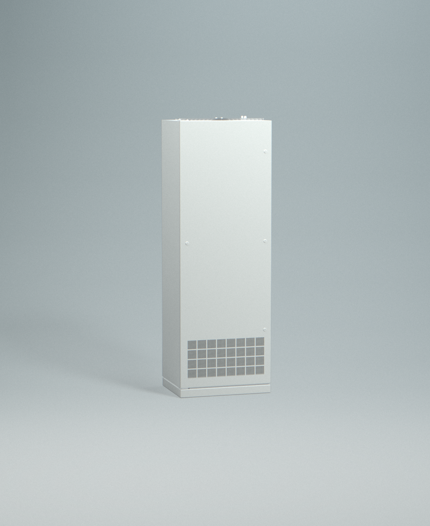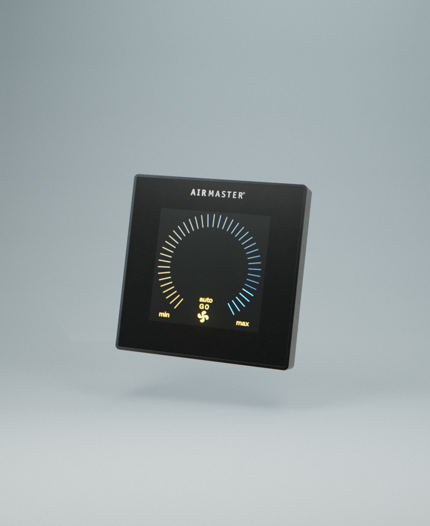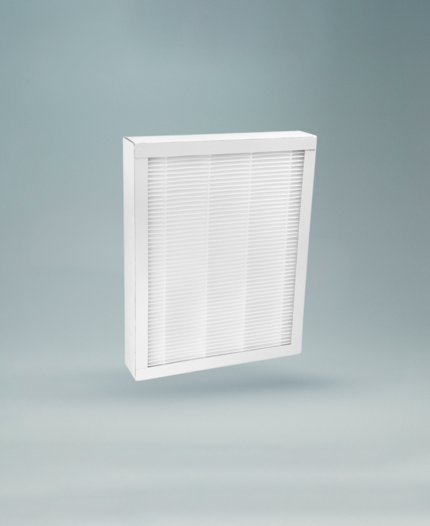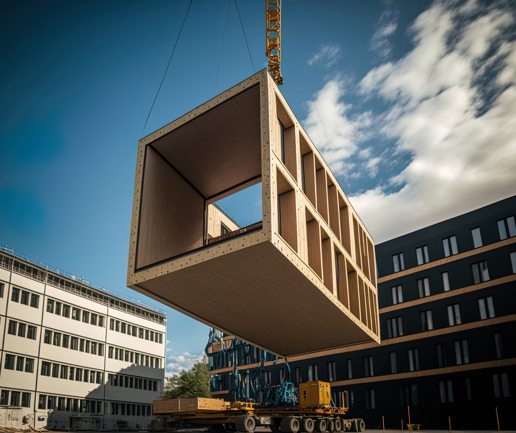Everyone deserves a good indoor climate
At Airmaster, we believe that everyone deserves a good indoor climate. It creates the best conditions for learning, being creative, developing, performing, and generally feeling good. That is why we want to improve the quality of the indoor climate for children and adults at schools, nursery schools, and office environments with our flexible and intelligent ventilation solutions.
World champions in decentralized ventilation
When it comes to ventilation, we are decentralized to the core. We have been working with decentralized ventilation for more than 30 years. We are a market leader and are committed to staying the world champion in our niche. With more than 120,000 units installed across Europe, we have helped many people achieve a better indoor climate.
What is decentralized ventilation?
Central ventilation transports air via large pipes and ducts from a central unit throughout the building to individual rooms. With decentralized ventilation, local air handling units are placed directly in each room to provide the best possible ventilation.
Explore our solutions here.



